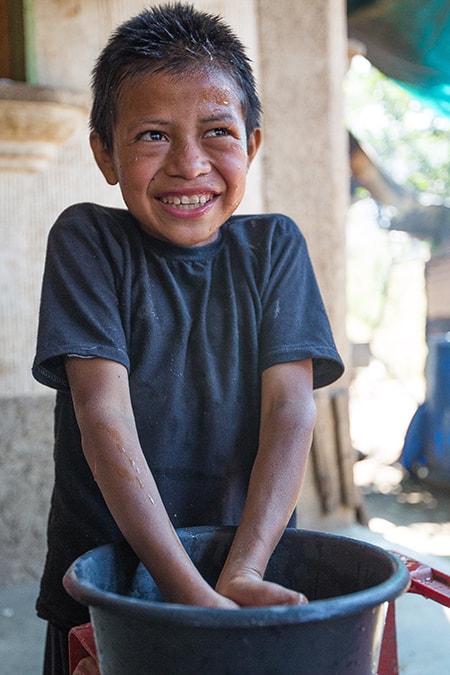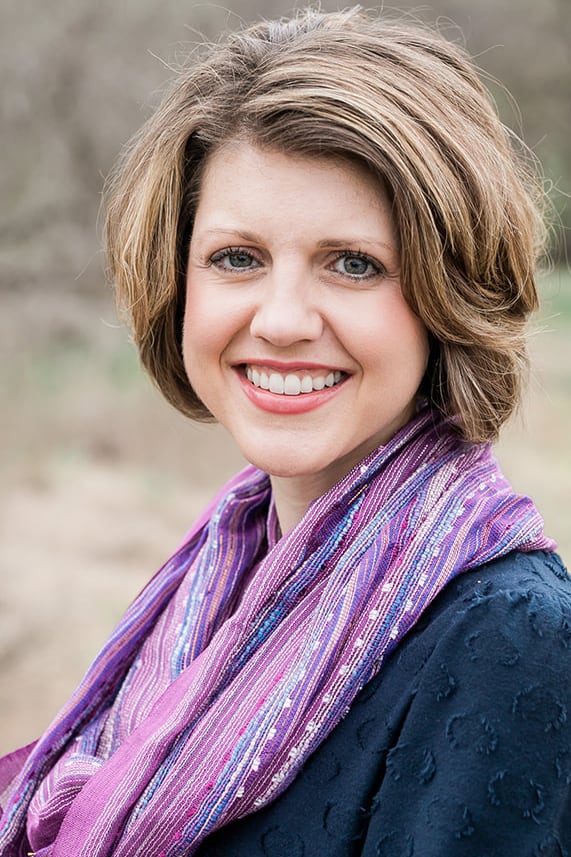Why Sanitation Matters
By Amanda DeWitt

Water gives life — for more reasons than we sometimes consider.
The World Health Organization (WHO) indicated that currently 19 percent of the world’s population lacks access to clean drinking water. And 22 percent of people are without basic handwashing facilities. Most of these people live in the toughest places on earth.
“Handwashing is one of the most effective ways to prevent the spread of COVID-19 and other infectious diseases, yet millions of people across the world lack access to a reliable, safe supply of water,” the WHO recently reported.
Water sustains life and every major system within our bodies. But access to clean water does even more. Proper hygiene and sanitation protect people from deadly infections and diseases.
Partners like you make it possible for local Unto® staff teams to drill deep water wells in places where no other clean water source is available. Our teams collaborate with community leaders to help provide health and hygiene trainings. They also have built latrines for communities.
UNICEF recently reported,
Even before the pandemic, millions of children and families were suffering without clean water, safe sanitation, and a place to wash their hands…The time has come to dramatically accelerate our efforts to provide every child and family with the most basic needs for their health and well-being, including fighting off infectious diseases like COVID-19.
When Water Wells Are Not Possible
For disaster victims, refugees, and people living in extremely arid areas where wells cannot be drilled, water filters provide a safe option for clean water and help ensure shallow well or recycled water is safe for drinking and household use. Filtration reduces the risk of deadly waterborne diseases such as dysentery, cholera, typhoid, and many more.
With proper maintenance these specialized filters can last up to ten years. They also provide families with a source of clean water for drinking, cooking, washing, and hygiene when no other options exist.
Importance of Hygiene and Sanitation Solutions and Training
Access to clean water allows people to practice basic hygiene — handwashing, bathing, teeth brushing, and other personal health activities. These behaviors are essential for preventing the spread of illness and disease. These practices also restore dignity as people learn to perform basic personal care.
Proper sanitation is also essential as it allows people to practice safe water management and waste disposal. Once clean water is collected, education on proper storage is important — otherwise the water can still be contaminated during the walk home or while the water is being stored.
Correct waste disposal is also vital for a community’s health and dignity. Currently more than 2 billion people lack access to basic sanitation facilities. Latrines, a public facility used as a toilet and sometimes connected to a sanitation system, provide people in developing areas with a safe place to practice proper waste disposal.
Over the next few years, Unto plans to expand hygiene and sanitation projects into more areas by providing additional trainings, water treatment options, handwashing stations, and waste disposal facilities.
Together we can continue to provide people with access to safe, clean water, along with health and sanitation services — relieving their suffering, restoring their dignity, and revealing hope in the toughest places.
Provide Safe, Clean Water for Families
Right now you can help families who are in dire need of safe, clean water by helping to provide a functioning well for a community. It costs an average of $34 to supply water for one family, and every gift helps! Every newly drilled or repaired well serves a minimum of 500 people in the toughest places on earth. You will meet physical needs and provide opportunities for people to hear about the eternal hope of Jesus.
Published April 21, 2022

Amanda is a freelance writer whose work has appeared in Gift for Leadership, Kindred Spirit, and Christianity Today publications. She holds a M.A. in Media and Communication from Dallas Theological Seminary.





